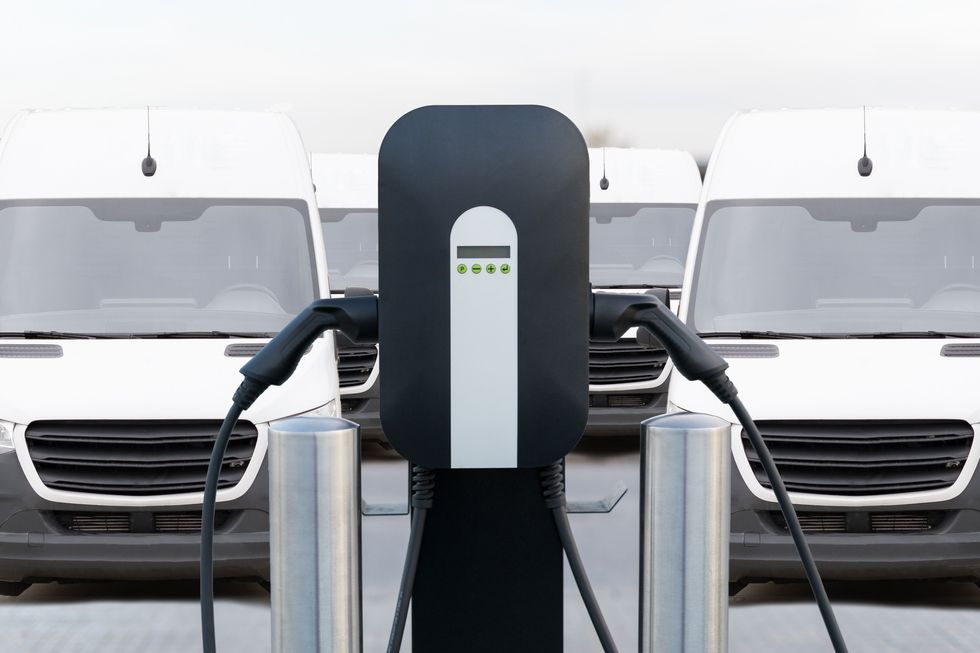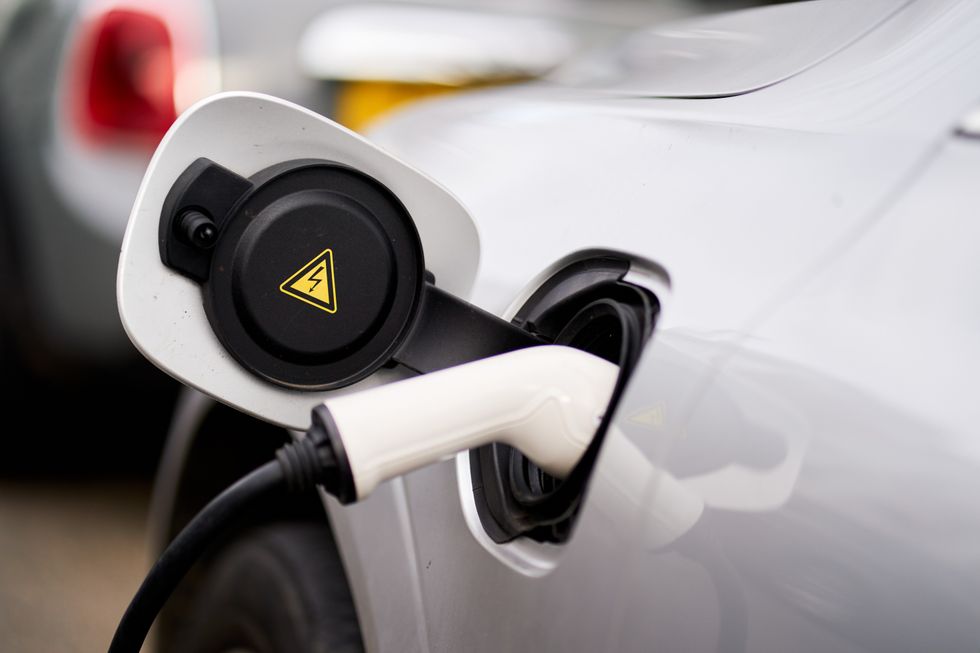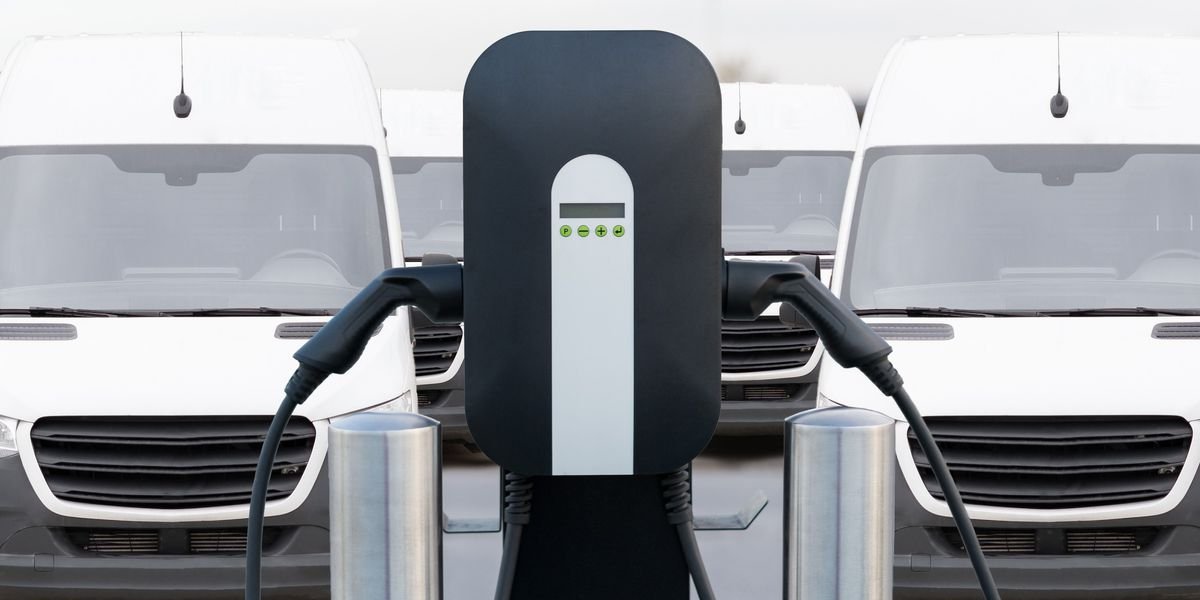Experts are warning that the Government needs to be braver and take more direct action to help transition more vehicles over to electric as the lack of support from the Budget has left fleets in limbo.
Van drivers will have to make the switch to an electric vehicle by 2030, but the current level of support and incentives has meant fewer people have decided to make the switch.
The British Vehicle Rental and Leasing Association (BVRLA) has been campaigning for more support from the Government through its Van Plan.
The plan highlighted the need for more charging stations to be installed as well as the removal of regulatory barriers to help with the uptake of commercial electric vans.
Do you have a story you’d like to share? Get in touch by emailingmotoring@gbnews.uk

The Government is aiming for 70 per cent of van sales to be zero emission by 2030
GETTY
Despite this, the Chancellor was accused of missing an opportunity in the Spring Budget to show greater support for van drivers who will be required to switch to an EV.
The BVRLA said while it welcomed the extension of full expensing to rental and leasing, it warned that the Government has missed a timely opportunity to support the transition to cleaner, greener road transport.
Gerry Keaney, chief executive of the association, said: “The BVRLA has been an active voice in achieving this change and welcomes the opportunity to engage further in delivering this long overdue alignment in tax policy.
“The Spring Budget, however, contained no updates on the key levers that are integral to enabling the switch to zero-emission vehicles in line with Government targets.”
Keaney explained that at a critical time for the transition to zero-emission vehicles, no news may not be bad news but by not hearing anything, it leaves the sector in limbo.
The Chancellor offered no update on charging, Vehicle Excise Duty, Benefit-in-Kind taxes, VAT on public charging, grants for electric vans, or a consumer education campaign.
In order to help make real progress, Keaney remarked that the Government needs to be braver in unlocking the billions of pounds in zero emission investments required across the whole road transport sector, from fleets, small businesses and private motorists.
Fleet operators are eager to make the transition to zero emission vans but are struggling, he added.
Challenges with infrastructure, both public and private, regulation, as well as affordability and availability of suitable products, are some of the main barriers holding drivers back from moving to zero emission vans, Keaney explained.
To meet the 70 per cent Zero Emission Vehicle mandate target for vans by 2030 operators, the association stated that critical support is needed now.
They explained how a giant leap is needed to move the market from 5.9 per cent of new e-van sales in 2023 to where it needs to be.
Without immediate support the transition will continue to stall or even grind to a halt, making the targets in later years impossible to reach, Keaney warned.
LATEST DEVELOPMENTS:

The upfront cost of new electric vans remain an issue for motorists and businesses
PA
Over 3.4 million people rely on a van for their jobs across a broad range of industries, from engineering and construction to emergency and rescue services, BVRLA data shows.

